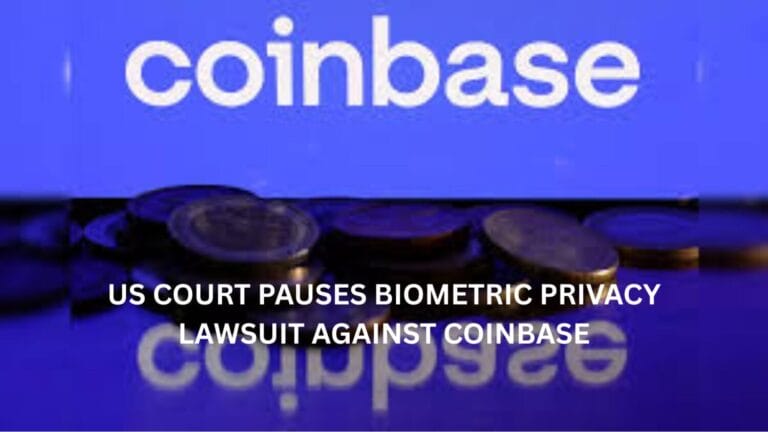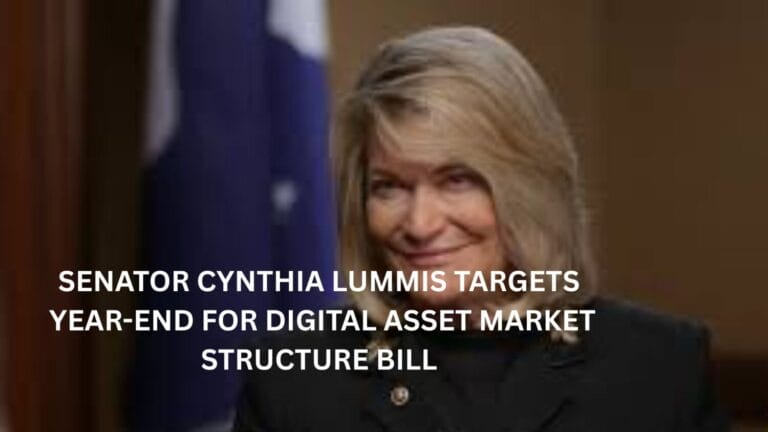Key Takeaways :
- Hong Kong’s Customs Department is intensifying efforts to combat crypto money laundering in response to the $193 million JPEX scandal.
- The focus is on closing regulatory loopholes by strengthening cross-border anti-money laundering measures.
In the aftermath of the $193 million JPEX virtual asset platform scandal, Hong Kong is taking significant steps to enhance its cryptocurrency regulations, particularly focusing on cash-for-crypto shops. These actions come in response to the glaring deficiencies in Hong Kong’s existing crypto regulatory framework.
Commissioner Louise Ho Pui-shan of the Customs and Excise Department in Hong Kong stressed the importance of international collaboration to combat money laundering facilitated by the anonymity of cryptocurrency transactions. While the agency’s exact role in this endeavor remains uncertain, it is imperative for Hong Kong to promptly address the money laundering risks associated with cash-for-crypto shops.
Unlike traditional money changers, which are subject to oversight by the Customs and Excise Department, over-the-counter (OTC) cryptocurrency exchange shops currently operate without licenses or regulatory scrutiny. Some of these OTC shops were instrumental in promoting JPEX’s investment offerings, which were later deemed “too good to be true” by the Securities and Futures Commission (SFC).
Louise Ho Pui-shan, the Commissioner of Customs and Excise, explained that Hong Kong’s regulatory bodies are actively exploring ways to fill the regulatory gaps exposed by the JPEX scandal. She highlighted two primary areas of concern: combating money laundering and terrorist financing, and ensuring investor protection.
Reflecting on the regulatory journey in Hong Kong, it’s evident that the city has taken a cautious and incremental approach to establish a comprehensive regulatory framework for cryptocurrency trading since 2017. This approach served the city well during the cryptocurrency market downturn last year, preventing any major reputational damage.
However, some cryptocurrency exchanges like FTX, which were initially based in Hong Kong, expressed frustration with perceived regulatory delays and engaged in regulatory arbitrage, relocating to the Bahamas in 2021. Unfortunately, this move ultimately unraveled, revealing a massive fraud within the company.
As Hong Kong continues to adapt and refine its cryptocurrency regulations, the city aims to strike a balance between fostering innovation and protecting investors, learning from past experiences and seeking to eliminate vulnerabilities in its crypto market oversight.










